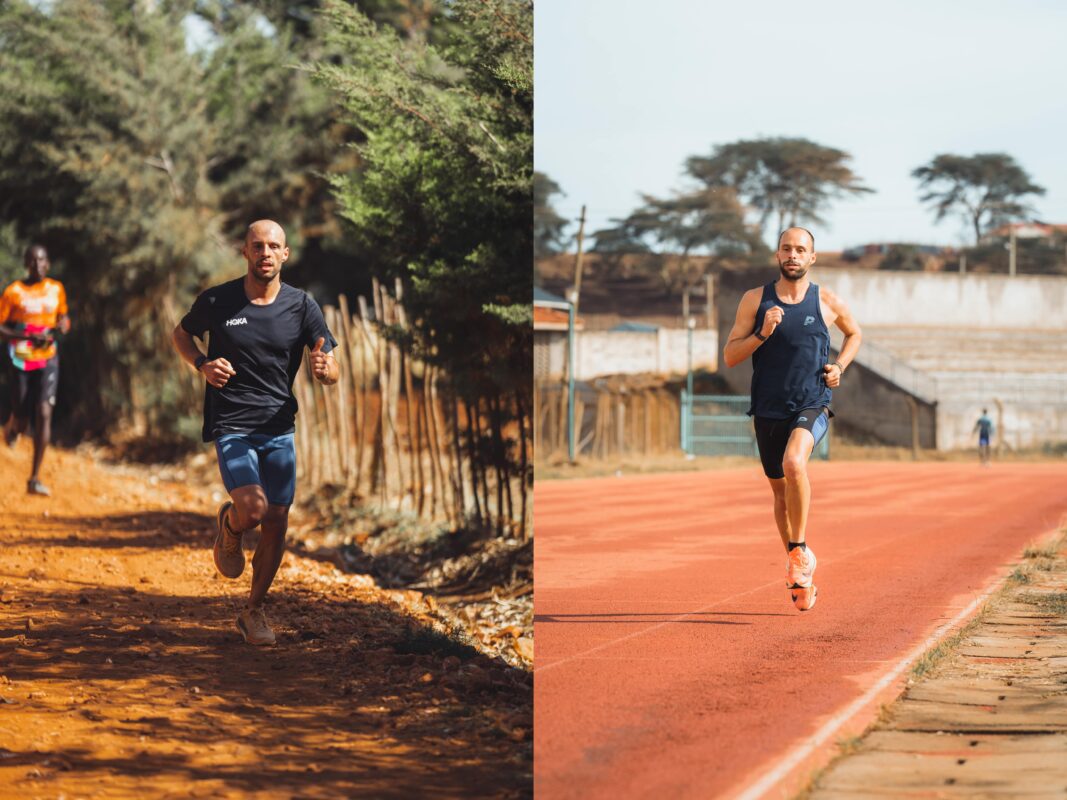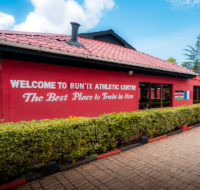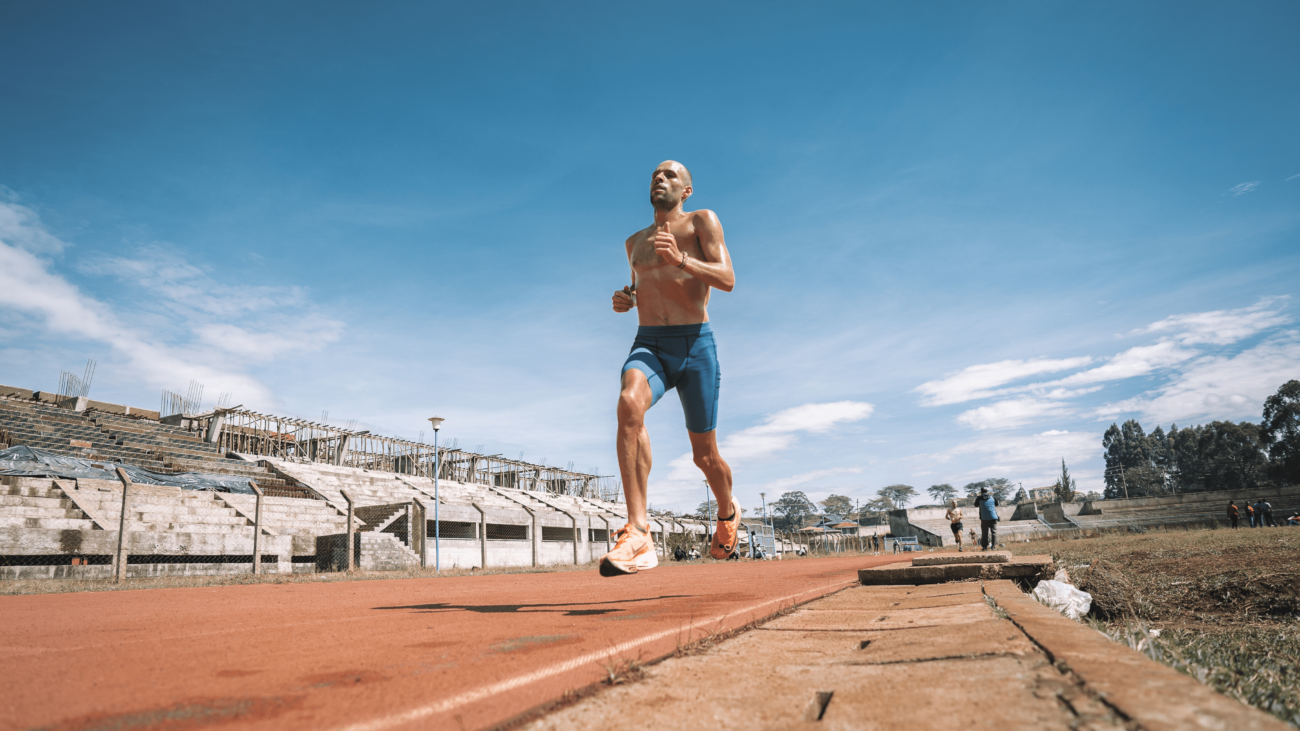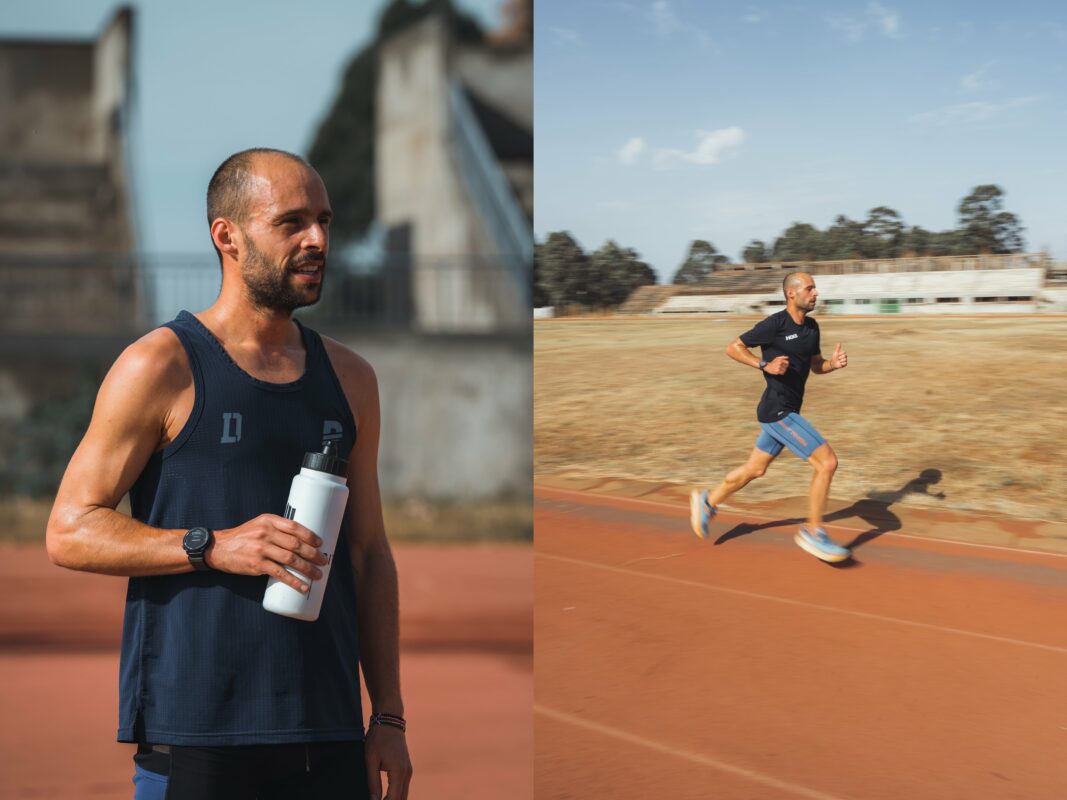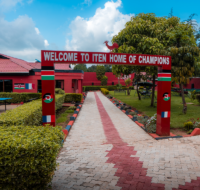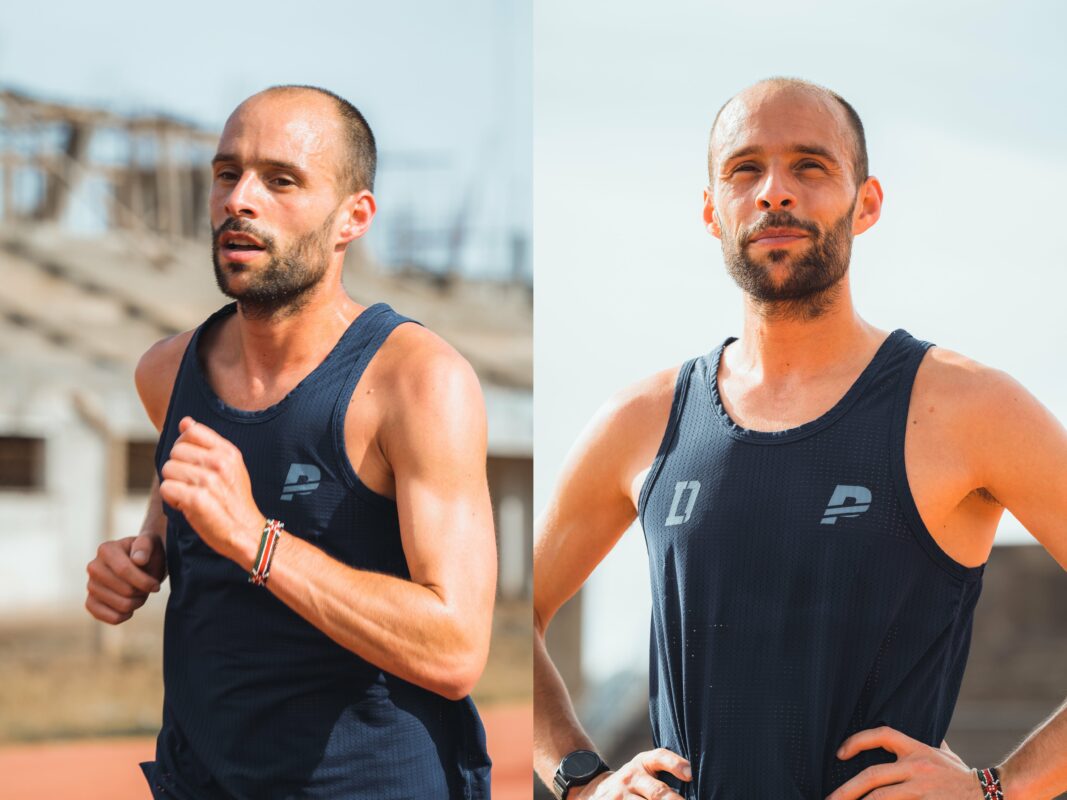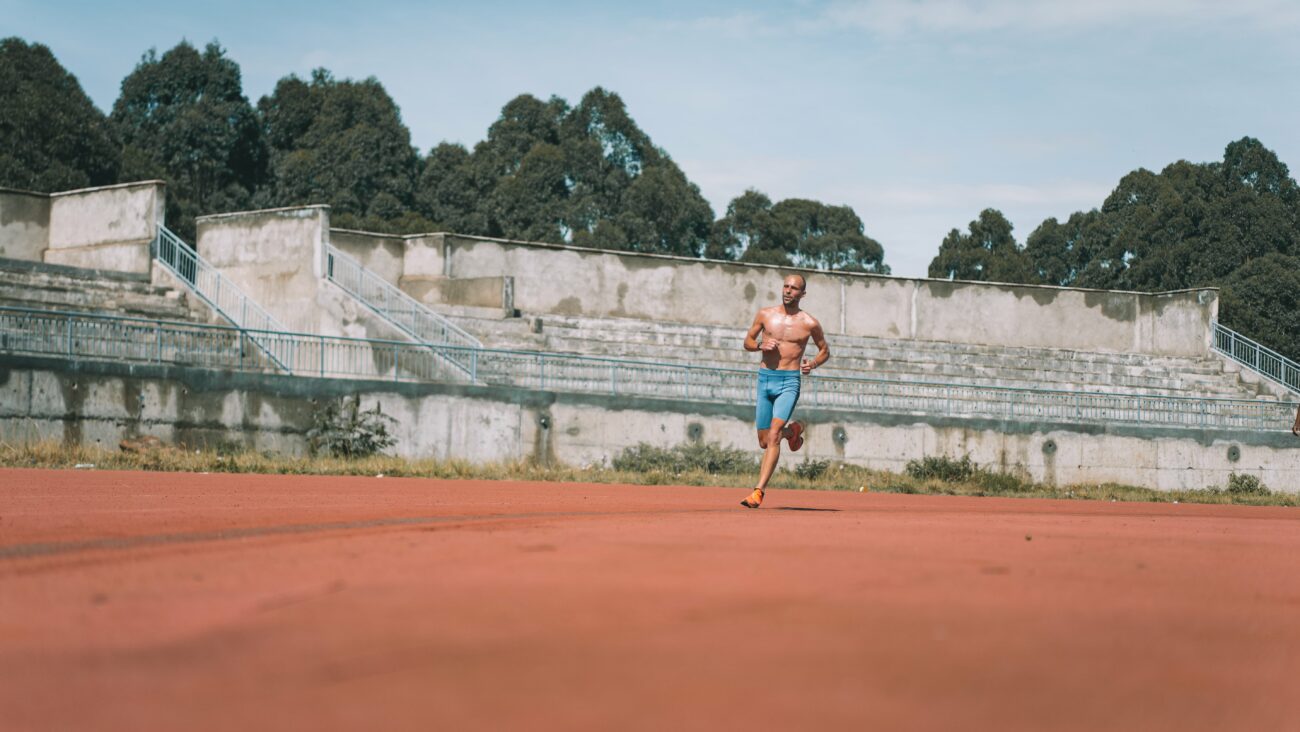Blog
A successful running holiday in Kenya by Maxime Lopes from RunWise!
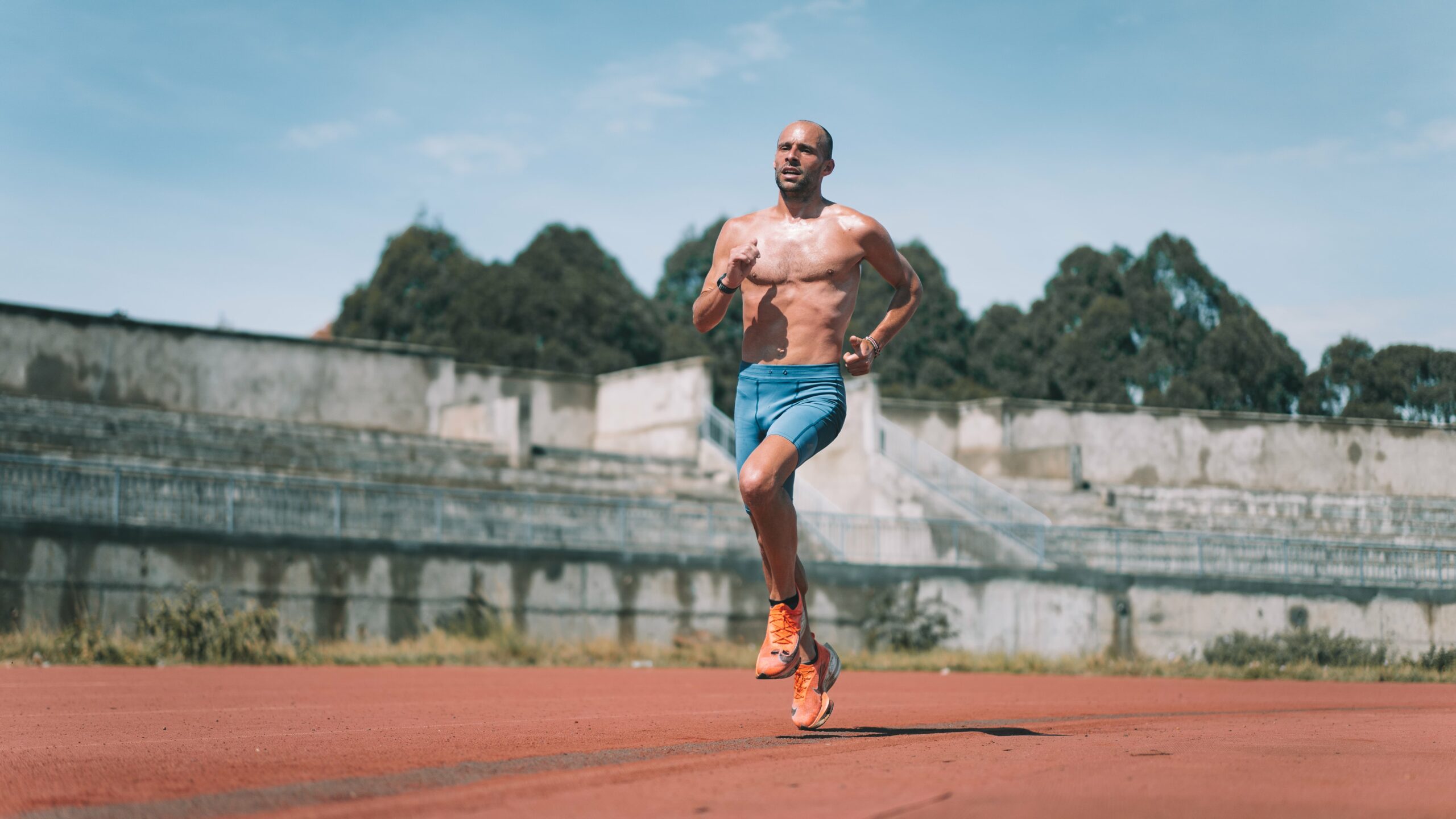
In this comprehensive and detailed interview with Maxime Lopes (aka RunWise), you'll find a wealth of advice to help you make the most of your next running training holiday at our RUN'IX Athletic Center in Kenya!
"Hi Maxime, when are you coming to Kenya and what race are you preparing for?
I'm coming to Kenya from the beginning of October to the end of November 2024 to prepare for the Valencia marathon, which will take place at the beginning of December. I think this is my fourth Valencia marathon and I'm going there to run under 2H14'00 and thus beat my personal record over the distance!
Why are you coming to Kenya to prepare for the Valencia marathon?
I'm a regular on training trips to Kenya, as this will already be my fourth stay at the RUN'IX center. I've noticed that when I come to Kenya, I really have to adapt on a cardiovascular level. When I come back down to sea level, I feel like I'm flying, and my heart rate is also much lower. The other reason is group training. I meet a lot of people at the center with whom I can train, especially when I come in October/November. There are a lot of runners who come to prepare for marathons, and that makes it possible to train together. Still, I often train alone in Montreal, so it's good to come and run here.
Why did you choose to place your course at this point in your marathon preparation?
There are two approaches to marathon preparation in Kenya. The first is to do it as general preparation, and I think that works very well! It's also interesting to do it as specific preparation, as the speed/pace of the marathon is less important, so it's less serious not to be able to run as fast as at sea level. Personally: I've had my best results by going to Kenya right up until the last moment before my race, i.e. returning 4 or 5 days before the start of the marathon. For me, it works very well. After that, there's obviously no one way of doing it, but what counts is to train well and then have had time to recover from the preparation for race day. When I managed to run in 2H15 in 2023, I stayed in Kenya for six weeks. And six weeks was a bit too long for me, so this time I'm going back for 32-33 days.
Isn't it too risky to return from altitude so close to the marathon for a recreational runner with no experience of altitude?
I think the most important factor is the training he does, whether he's sharpened well, etc. If he has a good training plan, with a coach who knows the altitude, I don't think there's too much risk. If the person has a good training plan, with a coach who knows the altitude, I don't think there's too much risk. On the other hand, if it's the first time at altitude, and there's not a lot of supervision at that level, and the person is a bit "crazy" in the way they train, then I think it's better to return at least two weeks beforehand, to make sure they've assimilated the training properly by the time they get back to sea level. It really depends on the riders' personalities. Coming back at the last minute is a bit of a double-edged sword - either it works out and is exceptional, or it doesn't work out and isn't really crazy.
What mistakes do you notice in a runner coming to Kenya for the first time?
There are many. In general, people are super-excited, and with excitement comes a tendency not to take the time to acclimatize properly. In other words, you're going to go for quick sessions after the first few days. This is the first mistake not to make, and it stems from a lack of understanding of altitude and excitement. The second mistake we don't talk about as much is the influence riders have on each other. There's a kind of emulation between the people who are there, which means that they will influence each other, but in the wrong way. For example, they'll come with a precise training plan, but quickly start to lose sight of it in favor of a session with so-and-so. In this case, there's no longer any logic or structure to the training. It's difficult, because you want to train with other people, and I think that's great. But at some point, you have to know how to protect yourself and then regain autonomy in your training, because at the end of the day, it's your marathon, it's your goal.
What is your acclimatization period like when you return to Kenya?
The first week: I'm going to do volume right away, because in general, I'm already very fit and that's what I'm here for too. I'll be doing endurance training every day, twice a day. I've noticed that what works best is to do shorter sessions in the first week instead of going straight for 2,000 or 3,000 metres and fairly long distances where you're going to sacrifice too much speed. I think that for me, the best thing is to do hill sessions, 200, 300 metres up to 400 metres on the track. So shorter intervals, not necessarily too fast. It can be really just a 10-kilometre pace, for example, or a little faster if it's 200 metres. Then, after a week, you'll generally feel that the first acclimatization level has been reached, so you can do things a little longer. After that, for a marathon, it's a little less complicated because it's such an "easier" pace, that there are fewer risks than if you're training for 5 or 10 kilometers - where I think it's more complex.
Can you keep up your marathon pace in Kenya at high altitude?
That's the mistake I made on my last preparation. I talk about it a lot in my latest Youtube video because it's a pretty complex subject to explain. To sum up, I noticed that I hadn't done enough specific pacing during my stay. In other words, my target marathon pace was 3'12/km. When I did intervals that were too long, such as 4 or 5 kilometers of bouldering, I couldn't hold that pace because of the altitude. I was more around 3'20-25/km. I think it's a bit silly, but I paid for it at the Copenhagen marathon because I felt I had a very specific endurance deficit and I felt very good at 3'15-20/km, but as soon as I was around 3'10/km, I was a bit less economical. That's because in Kenya, I was doing too long intervals which sacrificed speed. I should have done shorter intervals, perhaps, but in greater volume. Instead of doing 5 x 5 kilometers, I think I should have stopped at two or three kilometers for the same volume, but then I could have really worked on the marathon pace I was aiming for.
What's your weekly mileage in Kenya like?
I'm staying almost at the same level as I'm used to at home. The last time I was in Kenya, I was doing around 200 kilometers, maybe 210. Why not go up to 215-220 kilometers from time to time. There's always a fear of doing too much here in Kenya, but there's also a point at which, if you don't do more in training, you're not going to make any progress compared with the year before. So mileage is a lever for improvement, in my opinion.
What's a typical training day like for Maxime in Kenya?
I'm not the best example in terms of sleep. This is one of the points I think I'll want to improve on during my next stay. I get up around 8am, which is my very usual rhythm in Canada. I don't like running on an empty stomach, so I always eat breakfast before I go running. If it's a quality session, we take off fairly early from the center between 7 and 8 am. If it's just endurance, I prefer not to do it too early so as not to wait too long for lunch. I eat lunch, then follow it up with a nap or a Kenyan massage. The aim is also to do something other than running with social activities, like playing games, walking around Iten or just chatting. I'll be doing my second training session of the day at around 5pm. Then it's time for a shower, dinner and a group game or chat. Finally, it's time for bed at around 10 or 11pm, depending on the day.
Bob Tahri said in a report that everything was tough in Kenya. Is this true?
I find that being at the RUN'IX center with so many French people, it's very easy to integrate and life isn't difficult at all. The fact that I'm with lots of people all the time makes the experience so much easier. I think that if I were to do a stay on my own in a house in Kenya, or just with Kenyans, it would indeed be a lot more complicated because not only is training very difficult here with the altitude and the courses, but if on top of that you're always with people from a different culture, eating differently and everything is more complicated, then I think it can quickly become a bit "hardcore".
What do you think of the courses in Kenya?
It's clearly what I prefer here. I hate running on the flat for too long because I get bored. The Kenyan courses are perfect. Because yes, it's hilly, but in the end, it's not that difficult either. What makes it hard is simply the altitude. If we had the same altitude difference at sea level, we wouldn't find it so difficult. On the other hand, it's true that hills at 13 or 14%, even if only for 100 meters, when you're at an altitude of 2,400 meters, are really difficult. I assume that's why we're always making progress in Kenya. You even make progress on the endurances in Kenya and that's why I like to come and run here. It's also for this reason that fitness levels rise very quickly in Kenya. You have to be careful, though, because the faster you get into shape, the less time you're going to stay in shape.
Do you have any advice for trainees coming to Kenya for the first time in their lives?
It really depends on the person's personality. If I see that it's a guy who's a bit easily influenced, I'm going to say "trust yourself", we're going to tell you all sorts of things about Kenya, but trust yourself. You don't have to reinvent training either. There are key principles of altitude training, but there are times when we're all different too, and sometimes you feel you need one little stimulus more than another. You really have to trust yourself, because we all want to copy the perfect method, which doesn't exist by the way, that some of the best runners in the world do. When you really trust yourself and know yourself, you'll be able to do the workouts that are most effective for you. Be sure to read up on altitude, though, as there are some key principles there.
Maxime has his own coaching academy with training plans tailored to your needs: www.run-wise.com
Would you like to experience your training stay in Kenya at the same time as he does? Book your place at the center by clicking here.
Visit our online store!
-
 Compressport charity socks
Compressport charity socks
25,00 €The initial price was €25.00.20,00 €The current price is €20.00. -
 Customized Kenyan bracelet
15,90 €
Customized Kenyan bracelet
15,90 €
-
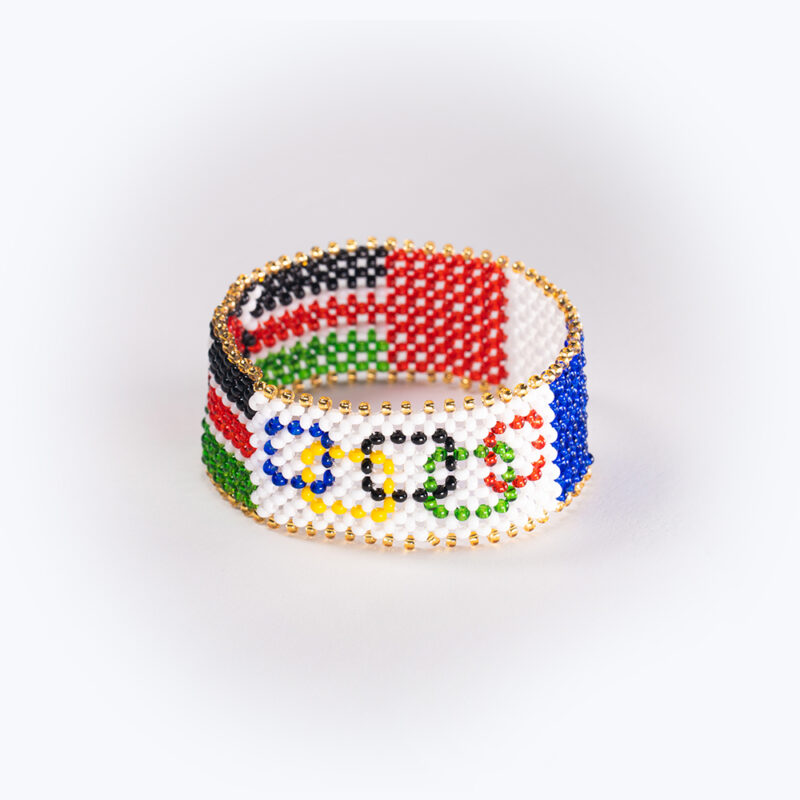 Olympics bracelet
14,90 €
Olympics bracelet
14,90 €
-
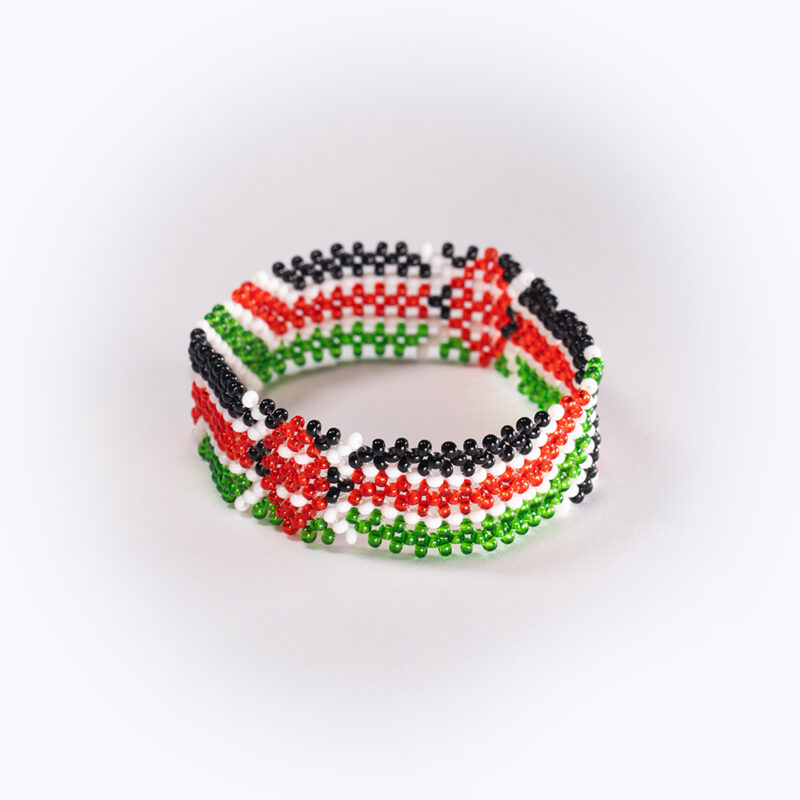 Kenya bracelet
Rating 5.00 out of 510,90 €
Kenya bracelet
Rating 5.00 out of 510,90 € -
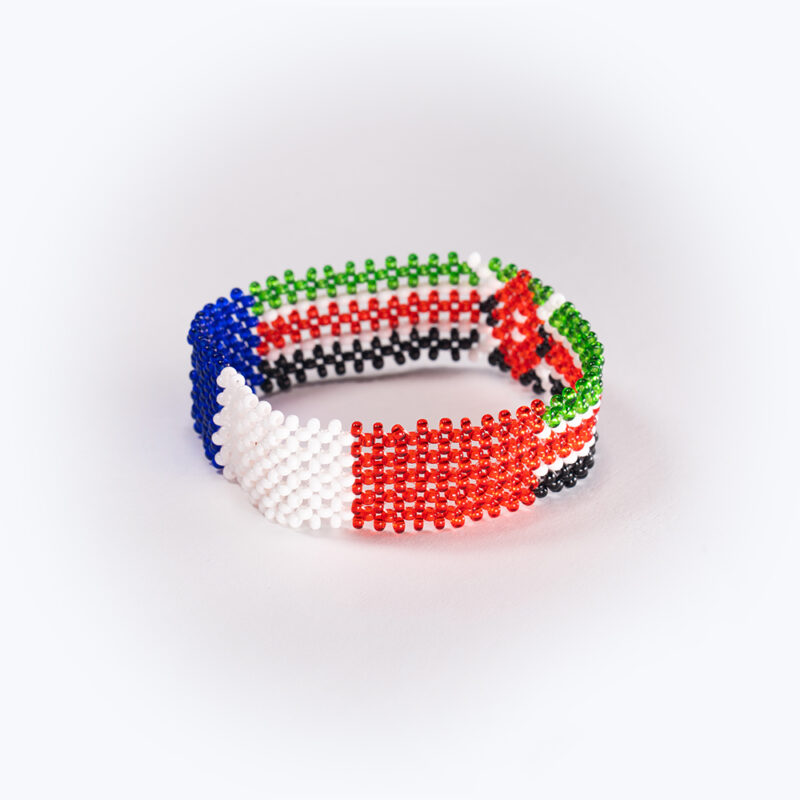 Kenya/France bracelet
10,90 €
Kenya/France bracelet
10,90 €
